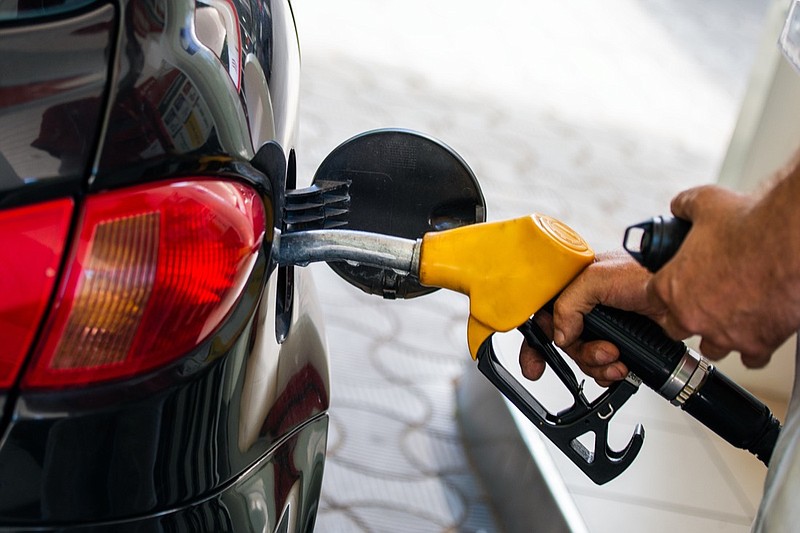Chattanooga gas prices decline after storm, holiday
Average gas prices in Chattanooga fell last week by 3.7 cents a gallon to $1.89 a gallon, according to GasBuddy's daily survey of 170 stations.
Gas prices in Chattanooga are up 8 cents a gallon from a month ago due to Hurricane Laura, but prices at the pump remain 22.7 cents below a year ago. Gasbuddy.com surveys also show fuel prices in Chattanooga average 33 cents a gallon less than the U.S. average.
"Gas prices have started to fall as expected as oil prices have fallen slightly since Hurricane Laura moved on and as seasonal challenges come to into view," said Patrick De Haan, head of petroleum analysis for GasBuddy. "We'll likely see additional downward movement in the weeks ahead with gasoline demand set to decline as we move into the fall months and as COVID-19 restrictions keep demand from rallying."
Atlanta workers sue over ethylene oxide
Cancer patients are suing the operators of two Atlanta-area medical sterilization plants over their use of a gas that has come under increasing scrutiny around the country, attorneys announced Tuesday.
The Sterigenics' plant near Smyrna and the Becton, Dickinson and Co. site in Covington emitted toxic levels of ethylene oxide that caused the defendants' cancers, including breast cancer and leukemia, the lawsuits claim.
"We're here to work for justice for our clients, these cancer victims," attorney Michael Geoffroy said on a Zoom call with reporters. "But we're also here for the whole community who wants and deserves to have clean air and a place that they can raise their kids and have their families and not have to worry on a day-to-day basis that somebody's getting cancer."
Six suits have been filed so far, but many more are expected, attorney Cale Conley said.
Car, student loans increases borrowing
U.S. consumer borrowing rose by a solid 3.6% in July, the second monthly gain after the coronavirus pandemic had sent consumer borrowing down sharply in the previous three months.
The Federal Reserve reported Tuesday that the 3.6% increase in July, which represented a $12.2 billion advance, followed a 3.3% rise in June and sharp declines in March, April and May.
The strength in July came from a $12.5 billion rise in the category that includes auto loans and student loans. The category that covers credit cards fell by $293 million, the fifth straight month that the credit card category has declined.
Consumer borrowing is closely watched for signals it can send about consumers' willingness to take on more debt to support their spending. Consumer spending accounts for 70% of U.S. economic activity.
